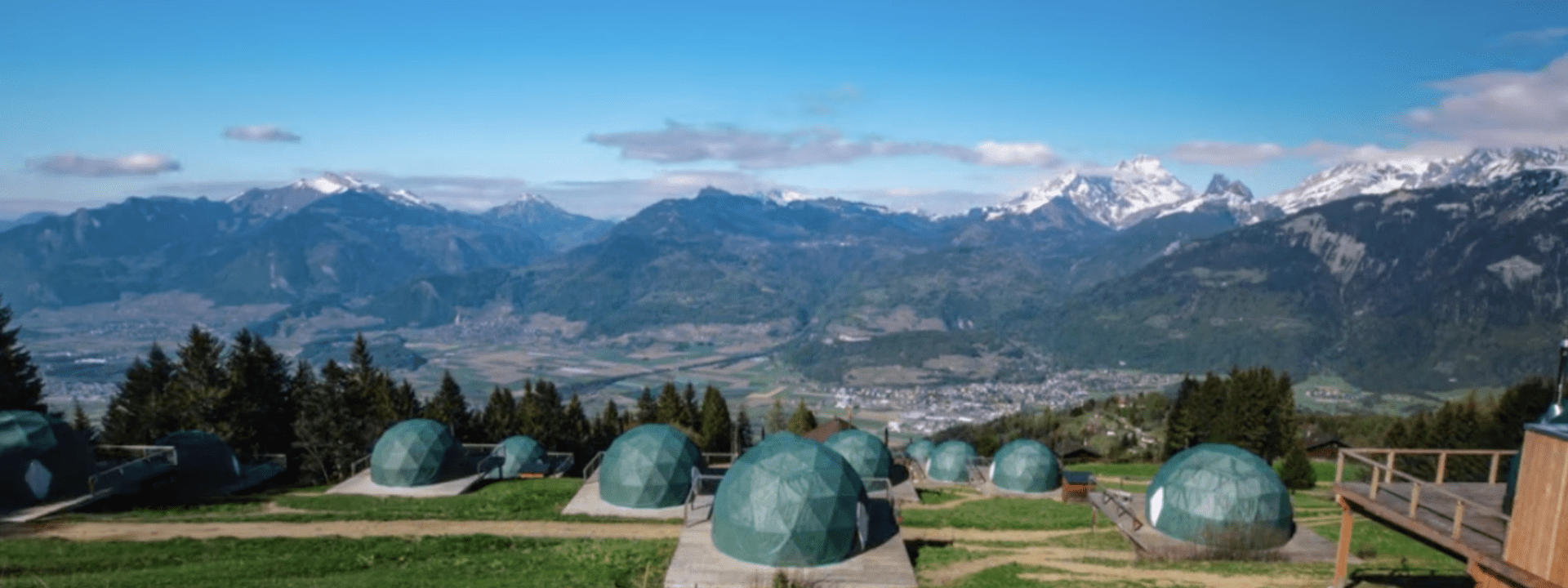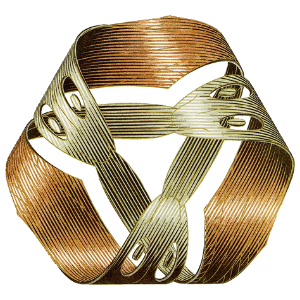
Adaptive Dome Housing and Resource Development
Many Ways to Live, Learn, Work and Play.
Habitat for Health
Informal Economy
An informal economy (informal sector or grey economy) is the part of any economy that is neither taxed nor monitored by any form of government. Although the informal sector makes up a significant portion of the economies in developing countries, it is sometimes stigmatized as troublesome and unmanageable. However, the informal sector provides critical economic opportunities for the poor and has been expanding rapidly since the 1960s. Integrating the informal economy into the formal sector is an important policy challenge for anyone.
Habitat for Health Informal Economy
Provides Economic Opportunity for Members
GAIA Fan Club Members are taught ways to invest, own, rent, and sell, so they can live learn, earn, and prosper to make it easy to expand surplus sales outside the community.

Habitat for Health
GAIA Fan Club
The Network State*
It is now feasible to build million-person online communities, start billion-dollar digital currencies, and architect buildings in VR to then crowdfund into reality. The Network State concept stacks together many existing technologies, rather than requiring the invention of new ones.*
The GFC Members are taught ways to invest, own, rent, or sell. Habitat for Health actively teaches and supports subscribers to build their Permaculture Communities to any size they wanted.
Reopening Soon
The GAIA Fan Club © (GFC) holds license to club properties as do co-owners in proportion to their own share holds. Wealth is accrued and measured as a factor of time paid forward into individual GFC estates. Individuals are paid time credits and other forms of capital into their own GFC time bank. GFC co-owned property can be exchanged, shared, leased, or rented. In the event of co-owned property sale outright the property can be assessed for taxes if required.
Brian Hack, founder of H4H, is focused on sequential plantings both indoors and outdoors to provide year-round produce for the eco-village and surplus sales to nearby customers as part of an ecological food supply, employment, and economic opportunities. He bases this on Bill Mollison's award-winning theories and practices.
Permaculture is a philosophy of working with, rather than against nature; of protracted and thoughtful observation rather than protracted and thoughtless labor; and of looking at plants and animals in all their functions, rather than treating any area as a single product system.
— Bill Mollison
The goal of H4H + GFC is to create cooperatively owned Eco-villages. Trusties are collective owners of individual leaseholds. Permaculture methods are used to manage land on their own and cooperatively to lower settlement design costs as new restorative ecological and agricultural economic opportunities arise.
Individuals, couples, families, and neighbours collectively own a GFC Farm as parcels of land while looking for more affordable ways to co-own property with a variety of options for ecological recovery, habitation, rental, lease, joint ownership, or individual sale.
- Agriculture from bees to honey and year round planting and harvests
- Employment from planting, picking, packaging and delivery to seeds and to tables.
- Permaculture management choices make GAIA Fan Club opportunities unique.



TimeBank Coin can be exchanged for GAIA Fan Club products and services or exchanged for money or other coin valued products. Habitat for Health supplies housing kits, employment, and Permaculture ways and means to get what a person needs to live long and prosper in style. Money may be included but is not necessary for a learn as you earn, DIY, healthy, wealthy life.
To establish cooperatively owned eco-villages that employ Permaculture to autonomously and collaboratively manage land to divide settlement design expenses and unlock novel restorative ecological and agricultural economic prospects, Habitat for Health extends an invitation to individuals, couples, families, and neighbours seeking more cost-effective TimeBank methods to co-own property with numerous alternatives for habitats, rental, lease, joint ownership, or sale.
